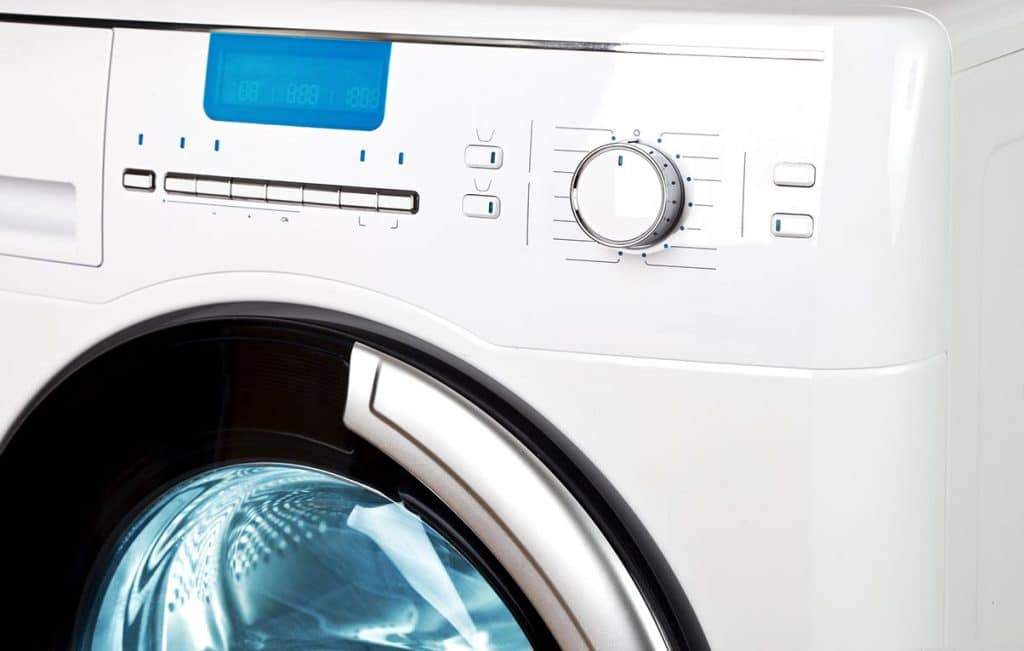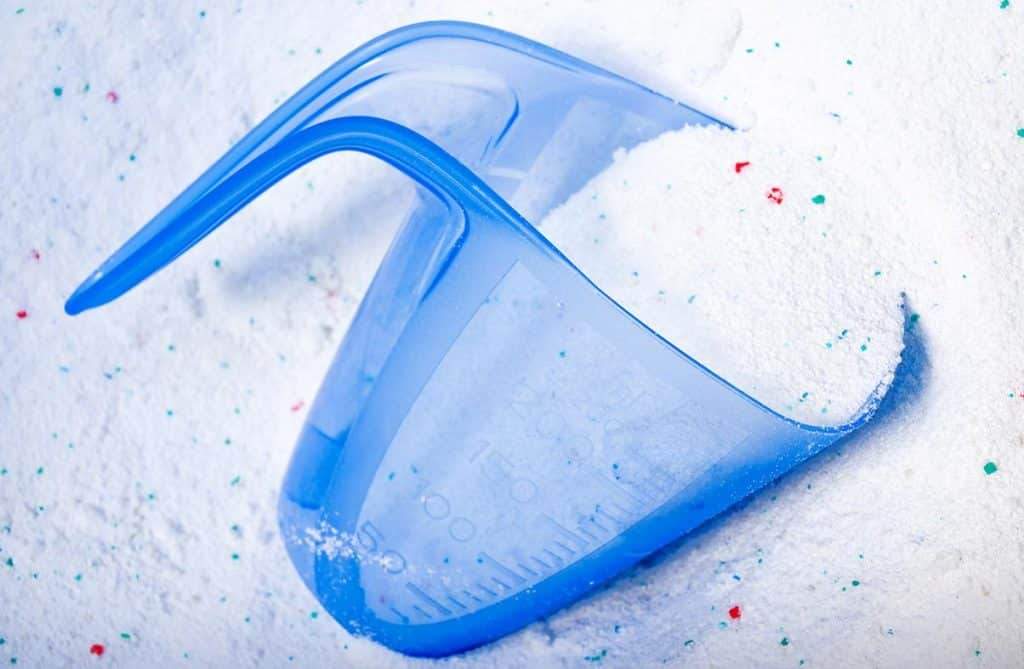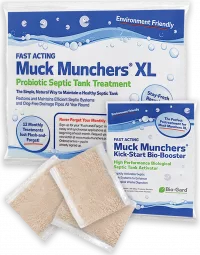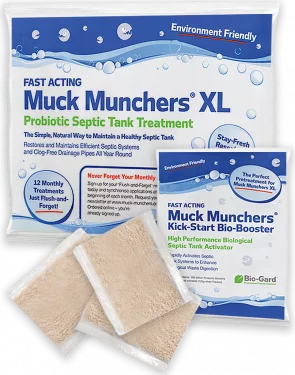Are Washing Machines Bad For Septic Systems?
If you own a septic tank then it’s likely you will have considered at one point or another the impact your washing machine has on your septic system and asked yourself – Are washing machines bad for septic systems?
The good news is, washing machines and septic tanks can work effectively together without detrimental impact on the septic system?
However, as always with septic tanks and packages sewage treatment plants, there are a
few more things you’ll need to understand if you want to make sure you use your washing
machine/drainage combination as efficiently as possible. After all, problems with your
septic tank could lead to expensive and unnecessary pump-out costs, and you’re
going to want to avoid those as much as possible.

Are Washing Machines Bad for Septic Systems?
No. Washing machines are perfectly safe for use with a septic system. However, it’s advisable to air some caution.
Too much greywater pumping out of your waste drainage and into your soakaway can cause all kinds of headaches. If you overload your drainage, you may risk killing off the good bacteria in your tank, or you might even risk a flood. Normal water flooding is bad enough, but wastewater flooding is a special kind of grim.
That’s why, while it’s perfectly okay and safe for you to run a washing machine on a septic tank, you should always be very careful with:
- What you put through your washes
- How frequently you use your washing machine
Maximum Daily Washing Machine Loads For Septic Systems
If you use your washing machine frequently, you are naturally going to be applying more pressure on your septic tank and your soakaway.
However, there’s no real upper or recommended limit to wash loads per day to avoid such damage.
Wash loads will differ from home to home. A busy family is likely to generate bigger, heavier loads than, say, a pensioner, couple or single occupancy property.
You shouldn’t feel that you have to cut back on washing clothes if you really need to. However, one of the best things you can do is to spread out how often you wash. If you can get away with five or six loads a week, one a day, instead of two or three crammed into a single day’s housework, your septic tank and soakaway will benefit.
Reducing the number of wash loads you run per week will also, of course, cut back on the amount of electricity and water you use. That could result in lower bills for you long term as well as providing a positive impact on the local environment. It’s a nice, conscience-satisfying choice.
Recommended Wait Time Between Using Your Washing Machine
We all have different laundry washing habits and needs. The good news is that there’s no official guidelines or recommended averages for how long you should wait between washing machine loads.
However, as mentioned above you do need to air caution about how much greywater you are pumping into your tank in a short space of time.
Discharging a lot of water in one go can disturb the solids in your septic tank, weaken the good bacteria and potentially choke your septic system, in effect, making your wastewater more challenging to drain through the soakaway.
Reduce The Volume Of Washing Machine Water Entering The Septic System
It’s advisable to try and not run the washing machine at the same time as anything else that’s intensively using water. For example, if a family member is in the shower or emptying a bath while you’re running a heavy load, then your septic tank isn’t going to be thrilled.
Your septic tank chambers and your soakaway can only really deal with so much at once. Therefore, about the water your flush or drain away whilst using your washing machine. Otherwise, you’re looking at getting pretty clogged, pretty quickly.

Choosing a Septic Safe Laundry Detergent
In the past concerns were raised regarding the laundry detergents we use with our washing machines, and whether or not they are safe for septic tanks.
This concern was with regard to the damage chemicals, including phosphates, found in laundry detergents have on septic tanks including weakening and even killing off the healthy bacteria.
Why Are Phosphates Bad for Septic Systems?
Phosphates are bad news for any kind of septic system. This is due to the negative effect they have on the population of microbes or bacteria living in your tank.
Microbes are needed to break down the waste in your tank – meaning that if you’re flushing too many phosphates through, you’re going to negatively impact your septic system.
Phosphates are also seriously harmful to the environment. They can create algae which can be harmful to some animals. Therefore, to avoid your soakaway causing any kind of long term damage, you should always avoid using products that contain phosphates.
Choosing The Right Laundry Detergent For Your Washing Machine and Septic System
Whether you use powder, tablets or liquid capsules, the major brands of detergent on the shelves right now are free from nasty phosphates and therefore are safe for use with your septic tank.
Thankfully, UK regulations now prevent detergent manufacturers from adding phosphates into the mix. This applies to dishwasher capsules and tablets too. Therefore, you shouldn’t really have an issue finding a septic safe laundry powder or equivalent.
What we really recommend, however, is that you try and use an environmentally friendly laundry detergent. There are multiple brands out there that go virtually chemical free. The good rule of thumb here is, if it’s branded as good for the environment, it is likely going to be great for a soakaway, and the septic tank at large.
Should I Wash Everything By Hand If I Have A Septic Tank?
Absolutely not. There’s a misconception that septic tank owners avoid washing machines like the plague. To reiterate, running a washing machine with a septic drainage system isn’t the issue. It’s how much water you push through to the tank and soakaway that’s the big concern.
Of course, you should always make sure you avoid putting anything in your wash that’s going to kill off bacteria in your septic tank. Your septic tank is likely to be the one place where you need that bacteria to thrive. It’s why we seriously recommend using Muck Munchers regularly to keep you topped up on the little beasties.
So – if you’re putting bleach in the wash or are using anything remotely anti-bacterial, then you’re going to risk your septic tank clogging up and becoming seriously inefficient.
Clogging up means pumping out, and that means extra hassle and an unnecessary expense for you in the long run.
Laundry Habits – Tips For Septic Tank Owners?
The following tips will ensure that you are septic friendly when running your washing machine
- Monitor your water usage – try to avoid showers/ baths when running your washing machine
- Reduce the number of loads you do in one day – try spreading your washing over the week rather than doing it all in one day
- When it comes to replacing your washing machine – don’t look at the A+ rating! This is for energy efficiency ‘electricity’, not ‘water usage’. How To Save Water have a great article on Water Efficient Washing Machines to help consumers purchase water-efficient washing machines.
Looking After Your Septic Tank
Using your washing machine wisely is just one thing you can do to prolong the life of your septic tank and protect its good bacteria.
In addition, you can regularly add Muck Munchers septic tank bacterial treatment to ensure a healthy & efficient septic tank system and clog-free drains and soakaways.
There are further steps you can take to ensure that your septic system remains in optimum health which we have covered in other articles including Your Septic System – What Not to Flush Into It! and How to Maintain Your Septic Tank. And, If you would like to know more about which are the best laundry detergents for septic tanks you can read our detergents for septic tanks article.










